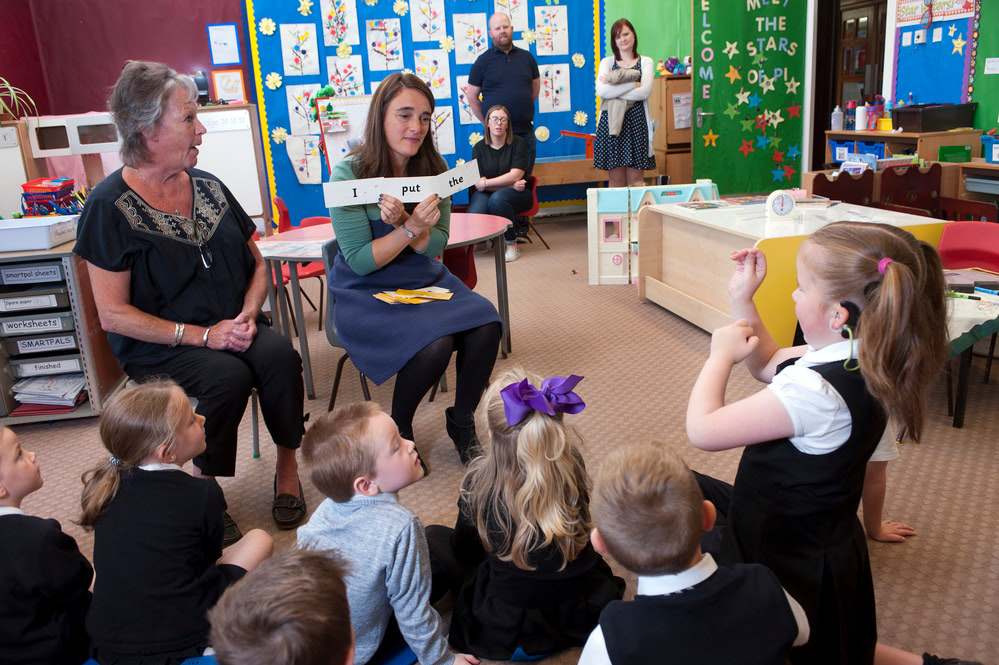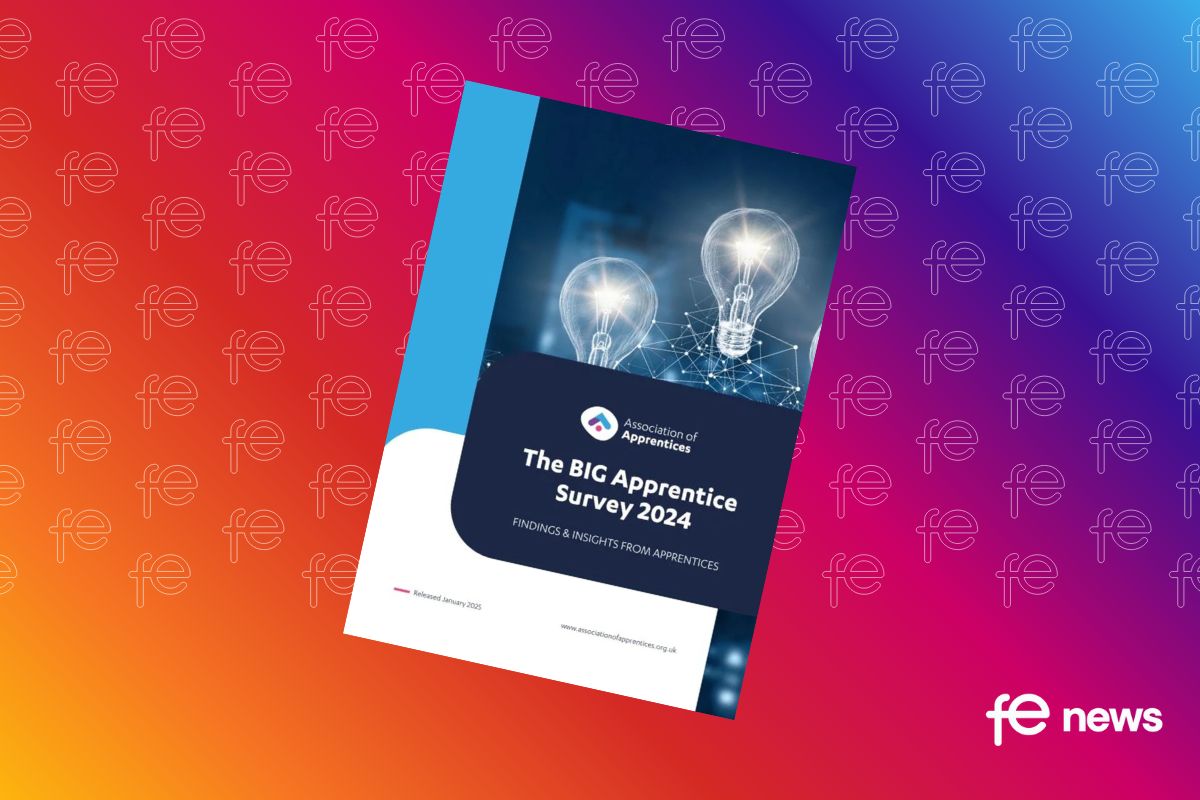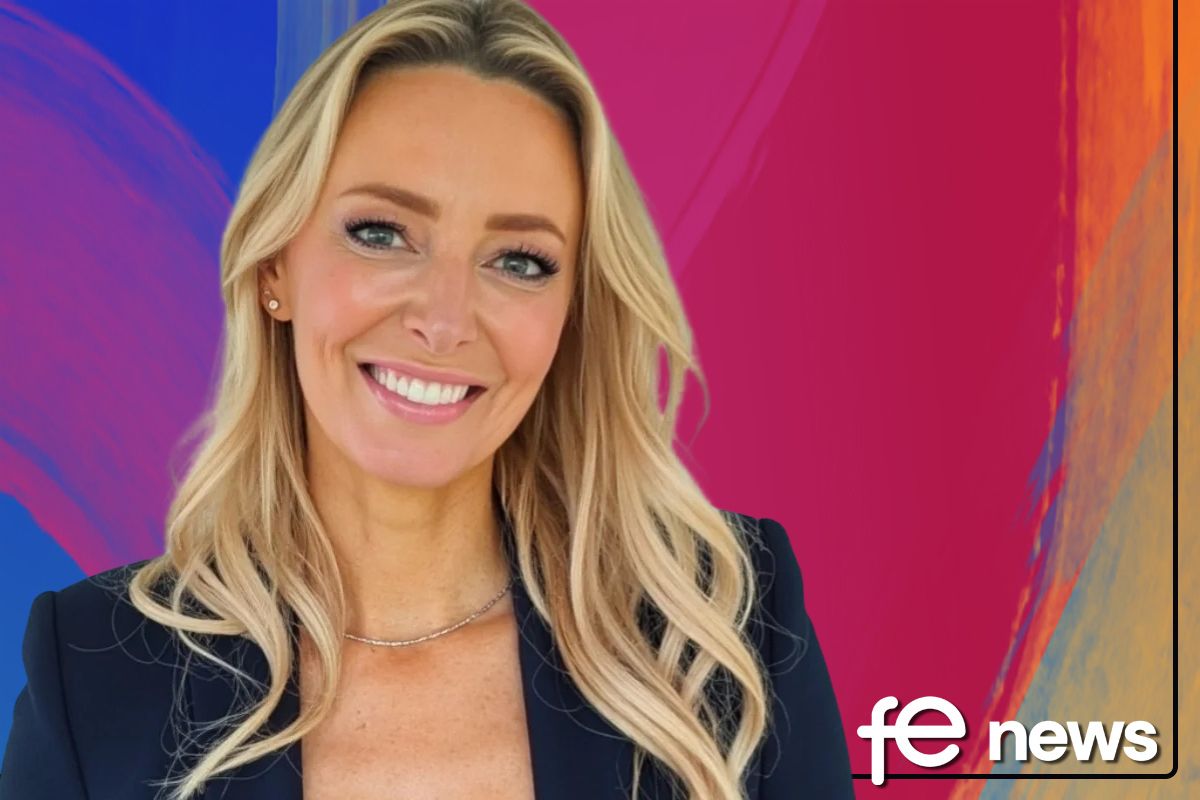‘Lifetime of being left behind’ sees deaf pupils under-achieve at every stage of school

Deaf children across England are struggling at every stage of their education because of ‘a lifetime of being left behind’, according to the National Deaf Children’s Society.
The charity issued the warning after its new analysis of the Department for Education’s 2018 exam results for pupils up to the age of 19. It showed that just 44% of deaf pupils achieve two A-levels or equivalent, compared to 63% of hearing pupils.
On average, deaf children also fall an entire grade behind their hearing classmates at GCSE. In addition, less than three quarters of them (73%) will gain five GCSEs or equivalent by age 19, compared to 88% of hearing children.
The situation is even worse for English and Maths, which are often both required to progress in education. Half (52%) of deaf pupils gain five GCSE passes or equivalent when English and Maths are included. This rises to three quarters (76%) for hearing pupils.
The National Deaf Children’s Society says that the problem affects deaf children throughout their education, as they arrive at secondary school having already fallen behind. Less than half (43%) reach the expected standard for reading, writing and maths at Key Stage 2, compared to three quarters (74%) of other children.
There are similar concerns at Key Stage 1, with just over half (53%) of deaf children reaching the expected standard compared to 84% of their classmates.
The National Deaf Children’s Society says that deafness isn’t a learning disability and with the right support, deaf children can achieve the same as their hearing classmates.
However, it says the figures clearly show that deaf children are being failed at every turn by an education system that should be supporting them, with cuts to support services and key staff leaving the special educational needs system in crisis.
As a result, the charity is calling on the Government to get a grip on the situation and halt the crisis engulfing deaf education and the wider special educational needs system by properly funding the support every child needs to succeed.
The charity also wants the new Secretary of State for Education to introduce a bursary to train hundreds of new specialist teachers, who can provide crucial one-on-one support for deaf children, families and teachers from a child’s diagnosis right through to the end of their education.
Susan Daniels OBE, Chief Executive of the National Deaf Children’s Society, said:
“Deaf children arrive at school with amazing potential only to begin a lifetime of being left behind. While some of them are achieving incredible results and going on to their dream jobs, these results show that many more are being completely failed by the system on which they rely.
“For years the deepening crisis in deaf education has been brushed off with the Government pretending it didn’t exist. However, the Government’s own data now shows in black and white how dire the situation is for deaf children.
“The new Education Secretary Gavin Williamson has a golden opportunity to change deaf children’s lives. He must immediately invest in their support, reverse the devastating cuts to their specialist teachers and finally act where so many of his predecessors have failed to.
“Every child deserves the chance to shine at school, and deaf children are no exception.”
Steve Reed MP, Labour’s Shadow Minister for Children, said:
“Tens of thousands of deaf children are being let down at every level by a government that has allowed deaf education to fall into crisis.
“No society that loves its children should treat them like this. The government must learn the lessons of this report and make Britain’s children their priority rather than tax cuts for the super-rich.
“The next Labour government will end the cuts and ensure all of our young people get the best start in life.”
A Department for Education spokesperson said:
“The percentage of pupils with a hearing impairment achieving a grade 4 or above in GCSE English and mathematics has increased in recent years.
“We want to support all pupils to fulfil their potential in school however, and we know there is more to do to support those with additional needs, which is why we have increased high needs funding from £5 billion in 2013 to £6.3 billion this year.”
“Following the Prime Minister’s commitments to education spending, we are looking at this carefully as we approach the next spending review
“The Framework of core content for Initial Teacher Training (ITT) sets out DfE’s expectation that ITT providers equip trainees to analyse the strengths and needs of all pupils effectively, ensuring that they have an understanding of cognitive, social, emotional, physical and mental health factors that can inhibit or enhance pupils’ education, and are able to adapt teaching strategies to ensure that pupils with SEND, can access and progress within the curriculum.
“On 28 January 2019 the department published the Early Career Framework (ECF), which sets out what all early career teachers should learn about and learn how to do based on expert guidance and the best available research evidence.
- The ECF has at its centre approaches that support the needs of all pupils including those pupils with the four areas of need set out in the SEND Code of Practice.
- The ECF underpins an entitlement to a fully-funded, two-year package of structured training and support for early career teachers. The department has worked closely with the teaching profession to develop the ECF. Teachers and academics with expertise in supporting SEND pupils were closely involved in the design of the framework.”
Kirsten Clark-Lyons’ daughter Indi, seven, was born with severe high frequency hearing loss. She wears hearing aids and uses a radio aid. They live in Chichester.
Indi has struggled at school and her mum Kirsten has faced a constant battle to get her the support she needs. She finds spelling and phonics particularly difficult because she can’t hear certain sounds, such as ‘S’. She sees her specialist Teacher of the Deaf just once or twice a year.
“You learn to be frustrated. Ever since she started school, we’ve had to fight. She’s making progress this year, but this is the first time in her academic life.
“I’d just like her to have listening breaks, because it’s very tiring for her, and to be able to sit at the front of the class. I’d also quite like her learning of spelling and phonics to be done in a separate classroom, but they don’t have enough staff.
“They said I should be thankful that she can speak better than other children with a hearing loss, but she can’t say her ‘S’ sound.
“I’m not asking a lot, but you just have to pick your battles.”
Kirsten says there is a lack of understanding of deafness, and it’s left her fearing for Indi’s future.
“It’s a lack of funding and understanding on the part of everyone she works with. The school try, I just don’t think they really know what they’re doing. They think that because she has hearing aids that everything is fine, but it’s not like a pair of glasses. She doesn’t instantly get perfect hearing.
“She’s bright and just passed her Key Stage 1 stats and I feel like she’ll leave with okay qualifications, but she could do much better. It’s not fair.
“People keep talking about secondary schools. I don’t know where she’s going to go. I don’t know how she’s going to cope.”
There are more than 50,000 deaf children in the UK. In England, there are 45,000.
All figures have been obtained from analysis of the Department for Education’s 2018 attainment data, which shows A-level, GCSE and equivalent exams results for pupils aged 19.
The average GCSE attainment 8 score for deaf pupils at age 16 is 39.2. For children with no identified special educational needs, it rises to 49.8.
All other GCSE and A-level statistics apply to pupils up to the age of 19.











Responses